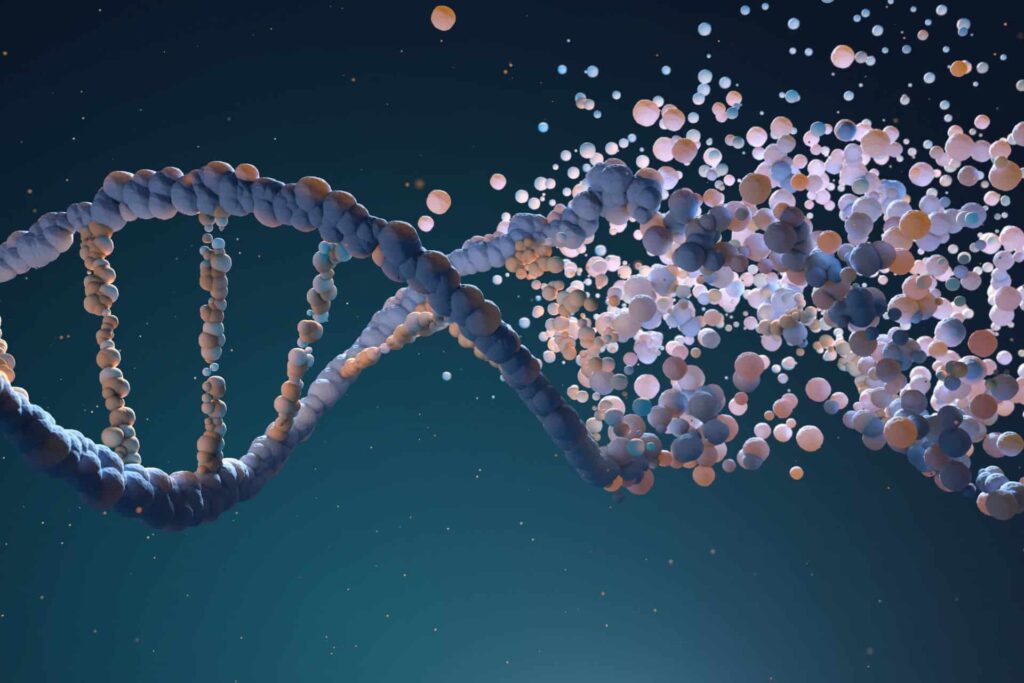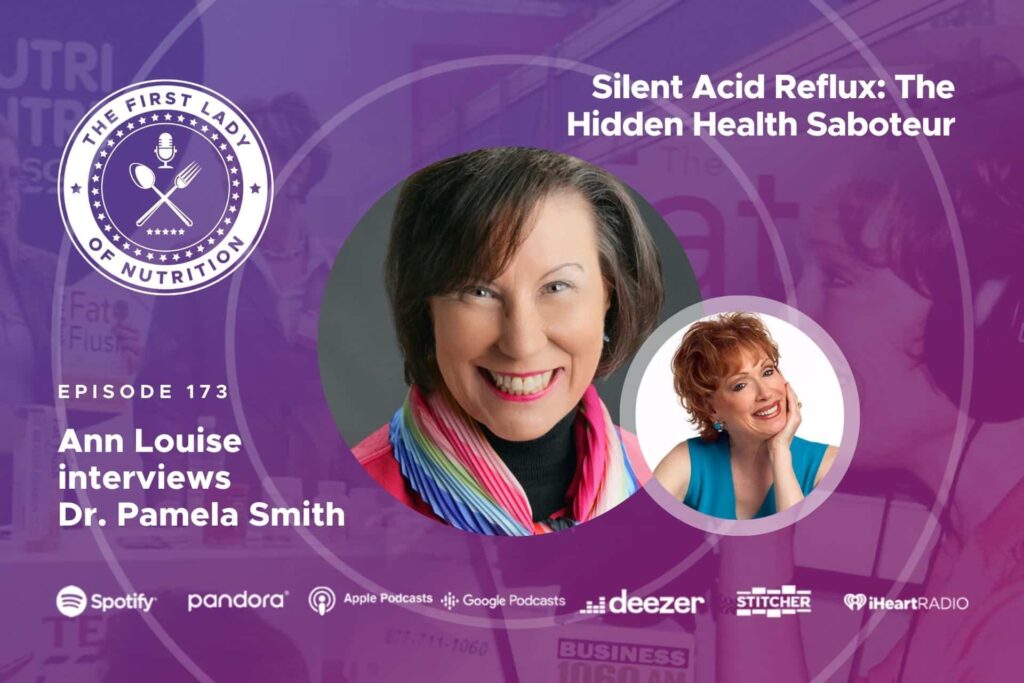When it comes to weight loss, breakfast is the most important meal of the day.
Breakfast is the meal that “breaks the fast” from our overnight slumber, and skipping it is known to cause a host of bad reactions in the body, from lack of concentration and lower energy to decreased insulin sensitivity and weight gain. Yet, over half of all Americans skip breakfast at least once per week, and nearly one-quarter of us skip breakfast daily. On the surface, the reasons for this appear to stem from our busy lifestyles and hectic morning routines, but in truth, studies show that a shift in our circadian rhythms has caused us to lose our morning hunger.
Your Body’s Internal Clock
Your body has a circadian rhythm, which naturally causes sleep and fasting during darkness, and wakefulness and hunger when it’s light out. Your body’s central “clock” is located in the hypothalamus of your brain, which regulates metabolism and energy balance based on the light/dark cycle, but also takes feedback from when and what you eat and how much you exercise. You also have “clock genes” located in nearly all tissues and organs in your body that synchronize their metabolic activity based on your master clock’s rhythms. This means every tissue in your body, from your liver and gut to your muscles and fat tissue, responds to the timing set by your brain that tells you when to be metabolically active and when to rest.
Here’s how your internal clock is ideally supposed to work: you wake up with the sun, eat your first meal at 8:00am – which should be 50% of your calories for the day, stay active during the day, eat lunch at noon followed by a short rest, more activity, have a light evening meal at least 2 hours before the sun goes down, start winding down by 7:00pm, then go to sleep when the sun goes down. This cycle allows each organ and tissue its time of rest and also allows for its metabolic activity to reach its peak. But, our current hectic lifestyles with influences from blue light, stress, erratic eating habits, lack of exercise, and late nights, are wreaking havoc on our body’s biological clocks, and our health is suffering as a result.
You can turn it all around and get synchronized again with one simple change – bring breakfast back.
What Happens When You Eat Breakfast
When you get in tune with your body’s internal rhythm, metabolically speaking, everything runs like clockwork. It all starts with breakfast, which ideally happens for your body at 8:00am. This is when the hormones are in harmony and the timing is right for:
- Superior glucose tolerance and balanced blood sugar
- Increased energy
- Enhanced concentration
- Increased thermogenesis which boosts fat-burning metabolism while protecting lean muscle mass
- Balanced cortisol levels which result in better stress tolerance and less anxiety
- Decreased risk for heart disease, high blood pressure, high cholesterol, and diabetes
Breakfast sets the stage for 12 hours of increased metabolic activity, which then leads to 12 hours of rest and regeneration for your body. Our modern nutrition research and new understanding of chrono-biology may sound complicated, but it has simply uncovered the biological clock that has been known for centuries and practiced in many healing traditions worldwide. For example, according to Traditional Chinese Medicine, this is also the perfect Yin/Yang 24 hour cycle, and they have a 24 hour clock showing the peak times and rest times for each of your body’s main organs.
What About Intermittent Fasting?
Intermittent fasting is the hottest new trend in weight loss, and for good reason – it works. There’s no reason why breakfast can’t be an integral part when we use the 16:8 model for IF, rather than the popular 5:2 method that drastically reduces calories. The 16:8 form of intermittent fasting allows you to eat nutrient-rich foods without counting calories, as long as you fast overnight for 16 hours then eat all of your meals within an 8-hour window.
While this method is among the most popular and the most studied, the research shows a fasting window of 11 hours or more is enough to accomplish the hunger hormone reset and achieve your weight loss goals. According to the studies, eating 50% of your calories before 10:00am leads to optimal weight loss. You can simply adjust your intermittent fasting window to allow for earlier eating, and use the end of your eating window to eat a smaller meal. Isn’t it interesting, that when left to its own internal timing, your body naturally has you eat all of your calories within a 12-hour window, and leaves the other 12 hours for rest and regeneration?
Retrain Your Brain for Better Weight Loss
Skipping breakfast throws your body out of whack, similar to working the night shift or taking a transatlantic flight. The rise in cortisol, accompanied by blood sugar highs and lows, leads to weight gain, which is well documented in studies of night shift workers. While the hypothalamus is the seat of your body’s master clock and regulates the activity of your metabolism, it does take input from the peripheral clock genes in the body and adjusts itself. This means skipping breakfast and reducing morning calories may very well be responsible for the loss of morning hunger, and eating more substantial meals shortly before the rise in melatonin starts at night and signals the body to rest. Eating a large meal before the overnight rest bogs down digestion, metabolism, and fat burning, and results in weight gain.
Retraining your brain for weight loss is as simple as eating a protein-packed power breakfast to start your metabolism off right for fat burning. It sounds like a daunting task to go from skipping or skimping on breakfast with a sugary coffee drink or high-glycemic breakfast bar to a nutrient-dense, protein packed full meal in the morning, but it’s easier and more convenient than you think.
If you’re familiar with my successful Fat Flush weight loss plans, this lifestyle always starts your day off with at least 20 grams of protein in the form of delicious smoothies. Use a scoop of your favorite whey or vegan protein powder (I recommend UNI KEY Health’s high quality protein powders), fruits and veggies, fiber-rich seeds full of healthy fats, then top off with clean filtered water, blend and drink for a quick and satisfying power-packed first meal of the day. For even faster morning prep, you can make individual smoothie packs the night before or on a prep day then just add water, blend, and go!
If you’re a coffee drinker, you’ll enjoy the protein-rich recipes I’ve whipped up for your morning dose of this much maligned antioxidant-rich superfood in my new Radical Metabolism book, coming August 28.








